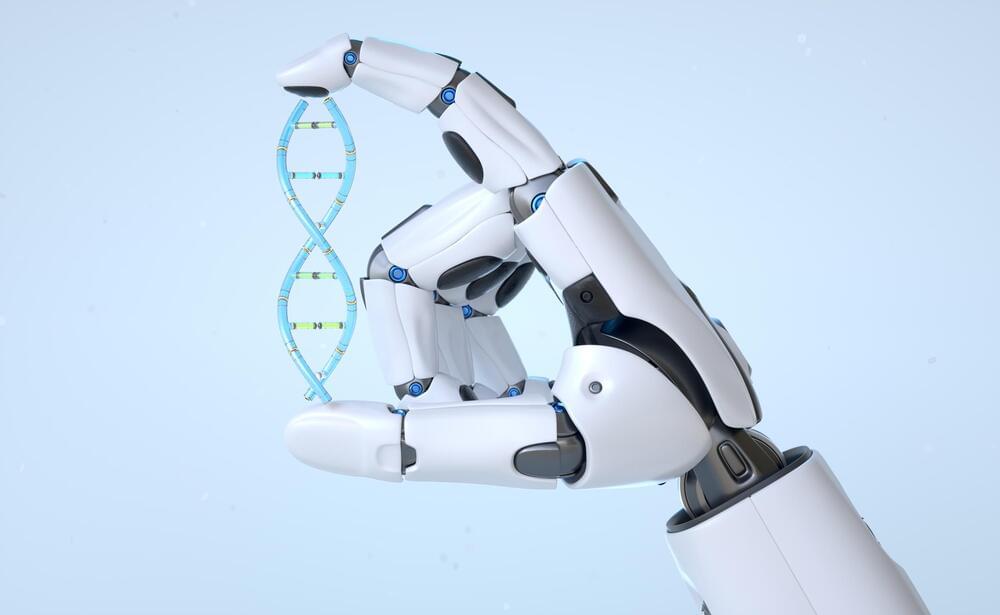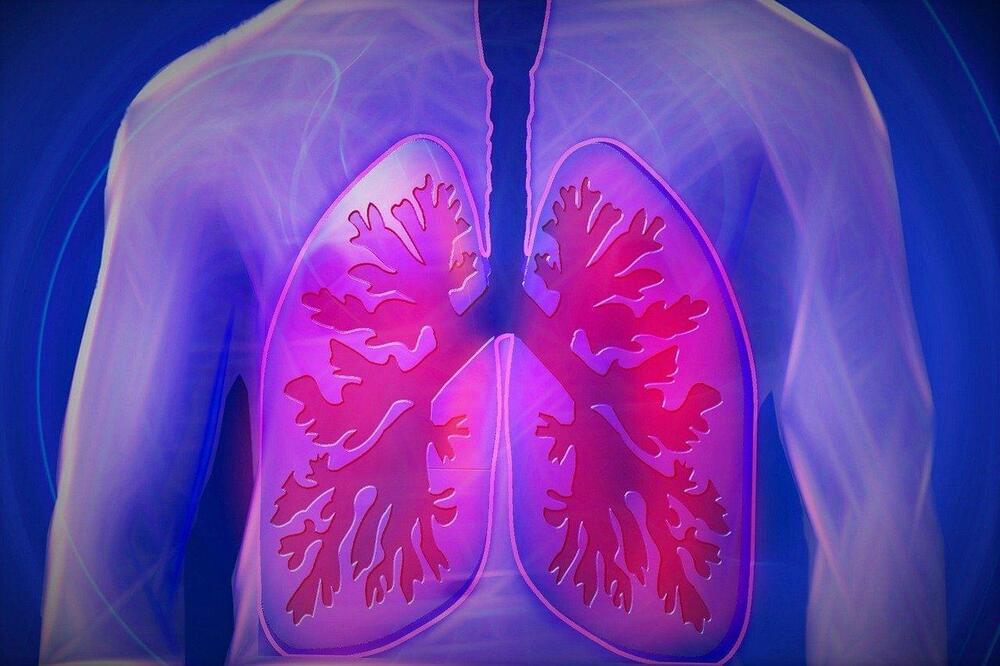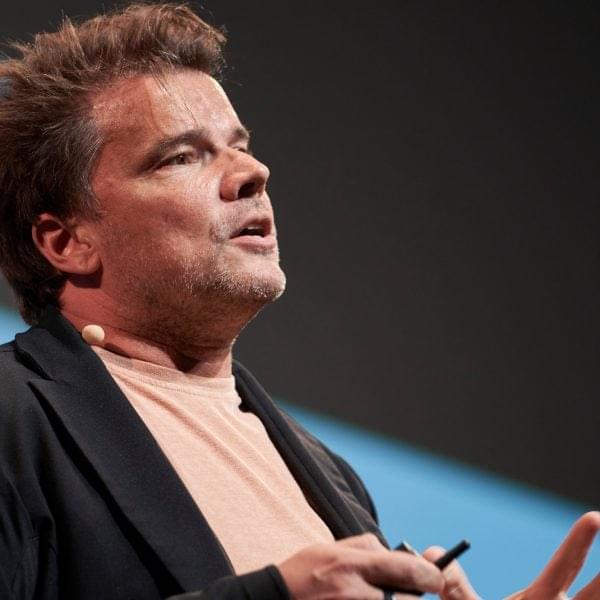A recent paper published in Nature Aging by researchers from Integrated Biosciences, a biotechnology company combining synthetic biology and machine learning.
Machine learning is a subset of artificial intelligence (AI) that deals with the development of algorithms and statistical models that enable computers to learn from data and make predictions or decisions without being explicitly programmed to do so. Machine learning is used to identify patterns in data, classify data into different categories, or make predictions about future events. It can be categorized into three main types of learning: supervised, unsupervised and reinforcement learning.








